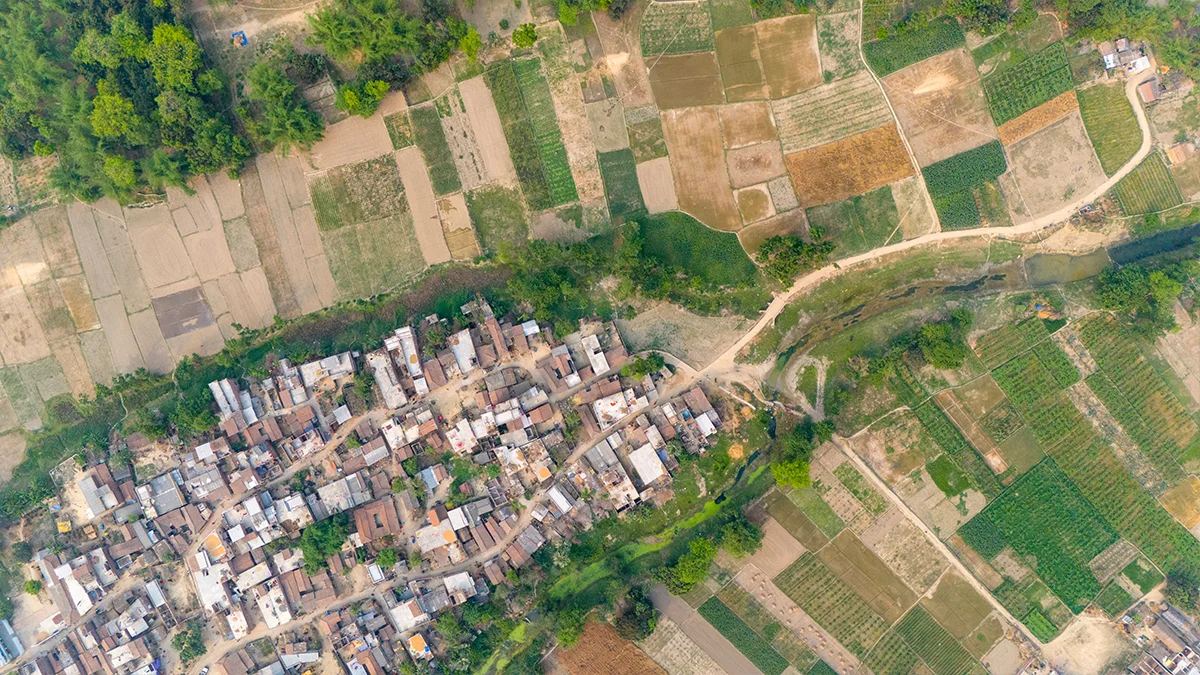As the Insurtech Insights Asia 2023 conference unfolded in Hong Kong on December 6th and 7th, industry participants convened to explore partnerships and delve into key market issues.
In attendance were insurtech firms seeking to refine their offerings, carriers looking to bolster their innovation strategies, and investors scouting for promising collaborations. (Re)in Asia engaged insurtechs to gather their perspectives on opportunities and challenges for Asia Pac insurers.
A key recurring theme at the conference revolved around ESG practices and the importance of data in achieving objectives.
Jack Lin, President of MioTech, spoke to (Re)in Asia about the array of risks insurers face, including climate, transition, reputation, or regulations.
“Failing to comply with environmental rules or labour protection legislations of clients will lead to considerable costs on the insurer’s side.
On top of the growing amount of regulatory requirements globally, ESG has become an important factor when it comes to considering a company’s sustainability and long-term viability,” Lin said.
MioTech provides a climate database and tools that allow insurers to gain a panoramic view of their climate risk exposure — from investing decisions to understanding natural catastrophe risk levels in locations where they insure properties.
To create these solutions, the insurtech has a team of over 350, with nearly 70% of them engineers and specialists. Their framework has 1000 data points, which MioTech sees as a competitive advantage.
It’s not just risks that data can help with, says Lin. “ESG data can help insurers identify emerging opportunities, such as developing sustainable products or entering new markets focused on clean technologies.”
‘Fragmentation and complexity’
The conference also served as a platform for Novidea’s formal entry into Asia, with the insurtech announcing on Wednesday it was bringing its comprehensive insurance management system to the region.
Ben Potts, UK and International MD, spoke to (Re)in Asia about the launch and why the insurtech identified Asia as its next strategic step.
“Southeast Asia is vast, yet characterised by fragmentation and complexity,” he said, elaborating that market participants are grappling with compatibility challenges, difficulties attaining remote access through cloud-based systems, and complications around diverse language and currency requirements.
Potts said Novidea’s platform, which provides an integrated system across the entire insurance distribution lifecycle, can help solve some of the pain points brokers, agents, MGAs, and carriers encounter.
“There are many technology suppliers in the Southeast Asia region, however there are very few global insurance management platforms that support businesses across borders, while covering the entire customer journey in a single platform.”
Potts adds that the insurtech’s plan to establish a Singapore office in early 2024 is merely a first step. “Asia is one of the world’s most important and thriving insurance marketplaces. We plan to invest significantly in the region to support future growth and service our major broker and carrier customers.”
Beyond counting steps
Meanwhile, MixCare Health’s CEO and Co-Founder, Alex Wong, discussed developments in the life and health segment.
“Policyholders are looking for their insurer to be a partner who invests in their future, preventing problems before they occur,” Wong told (Re)in Asia.
He explains this goes beyond “counting steps and providing access to personal trainers.” Rather, insureds are looking for carriers who invest in their future — to prevent problems before they occur and provide holistic health solutions, including in areas like mental health, women’s health, and beauty.
The demand for comprehensive digital health services also provides an advantage for employers to attract and retain their workforce while fulfilling ESG responsibilities, Wong adds.
MixCare has an Open API digital health and wellness platform, which allows insurers to track policyholders’ health and health risks and offer personalised products.
The insurtech already works with insurers, including incumbents like AXA, China Life, and Chubb and disruptors like Bowtie, and Blue. But Wong thinks there is room for growth for both insurtechs and insurers.
“As long as Asia has a large protection gap, that will be good news for insurtechs as it means that the major insurance players will continue to seek new, agile digital solutions to help them meet demand.”
“Despite the economic headwinds, the stronger insurtechs, with scalable offerings and a demonstrated market opportunity, will always attract funds,” Wong concludes.
























